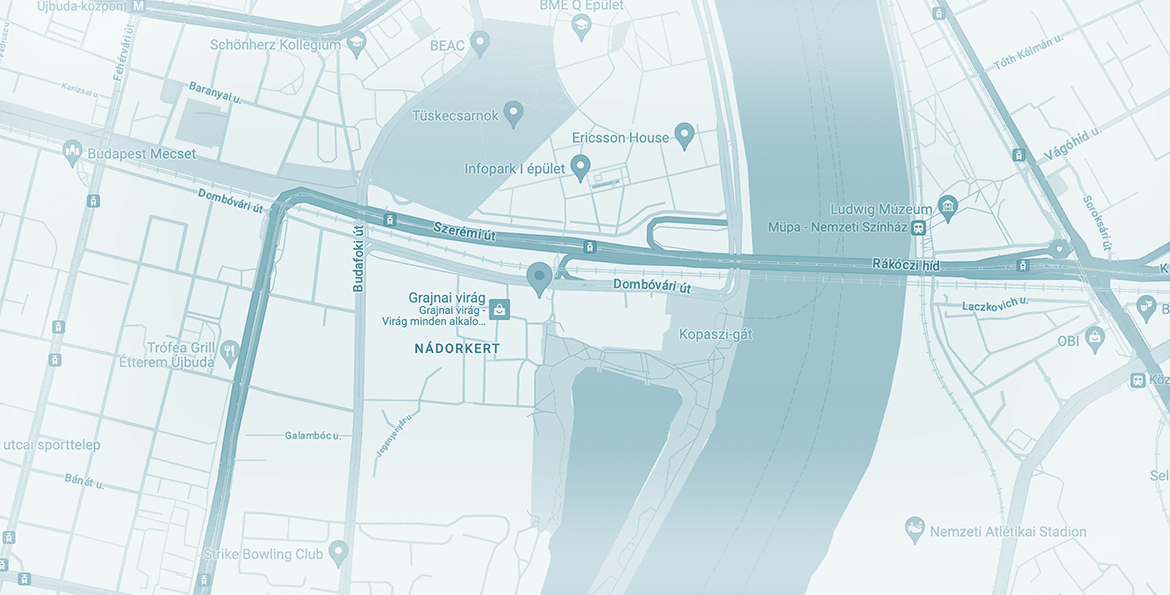
Pandemic relief: state aid, modified payroll taxes and unpaid leave rules
While decreasing business volumes caused by the pandemic place an unexpected burden of both employers and employees, various benefits and tax reductions help business owners in Hungary to retain work force while keeping their business afloat.
While decreasing business volumes caused by the pandemic place an unexpected burden of both employers and employees, various benefits and tax reductions help business owners in Hungary to retain work force while keeping their business afloat.
State aid for reduced working hours
Lower business volume means less income as well as less work. As a result, in order to keep their business operational, employers might be forced to cut working hours of employees, either by terminating positions or by retaining all positions but reducing individual working hours. While losing one’s job under such conditions is doubtless distressing, retained employees might still find it difficult to make ends meet with only just part of their regular salary.
To promote job security while making sure that salaries are that employees still earn enough to cover the necessities, now Hungary offers a 3-month state aid to employees working in reduced working hours. The aid is in proportion to the number of working hours lost is the reduction is between 15% and 70%, and covers 70% of the income lost. To learn about the conditions and the method of application, together with the limitations and commitments, read a summary of the state-aid here.
Help to employees on unpaid leave
As a form of reducing working hours, many employees had to take an unpaid leave from their regular jobs. However, healthcare contribution, which is necessary for retaining access to public healthcare services in Hungary, is normally deducted from the gross salary, and transferred to the social security fund by the employer. This way anyone who goes on an unpaid leave should keep paying the healthcare contribution on their own.
Starting from 1 May, however, if an employee goes on an unpaid leave, their healthcare contributions should be covered by the employer, to take at least this burden off the shoulder of the employee who is left without income. In turn, the employer may choose to pay the healthcare contribution not in monthly instalments but in bulk, within 60 days after the state of emergency ends. The sum of the healthcare contribution is HUF 7,710 (ca. EUR 22) / month / employee, and it makes the employee eligible for healthcare services, but not for benefits (like sick leave benefit).
Tax reductions for everyone in employment
Employers’ payroll taxes are made up of the social contribution tax (17.5%) and the vocational training contribution (1.5%), amounting to 19% to be paid to the authorities above the gross salary of the employee. As of 1 July, the social contribution tax is lowered by 2%, to 15.5%, which reduces the total payroll tax to just 17%, further lightening the burdens of employers.
SZÉP Card fringe benefit limits increased
The SZÉP Card fringe benefit lets employers reduce payroll taxes by encouraging employees to spend their earnings in some promoted sectors. However, there is a limit to how much can be given to employees in this form – which has been raised for each division or “pocket” of the SZÉP Card.
The combined yearly limit of SZÉP Card benefits is raised to HUF 800,000 (ca. EUR 2,300), in the following distribution:
- SZÉP Accommodation: HUF 400,000 (for holiday accommodation)
- SZÉP Catering: HUF 265,000 (for food and meals)
- SZÉP Leisure: HUF 135,000 (for theater tickets, museum entries, etc.)
Not only this helps employers reduce their payroll costs, but also gives some boost to the hospitality sector, which was most affected by the preventive measures related to the pandemic.
Is your company and your staff affected?
If you are interested in the state-aid, read the summary here, and entrust our colleagues to handle your application for your employees. Regarding the changes to payroll taxes, consult your accountant to have a better grasp on the changes to your employment related costs, and especially if you want to make any changes to the SZÉP Card benefits available to your employees.
Contact
Get in touch today
Monday - Friday
9am - 5pm CET
Helpers Finance Kft.
Budapart Gate
Dombóvári út 27
Budapest 1117, Hungary
If you’re visiting us, please use entrance A and come to the 2nd floor.



